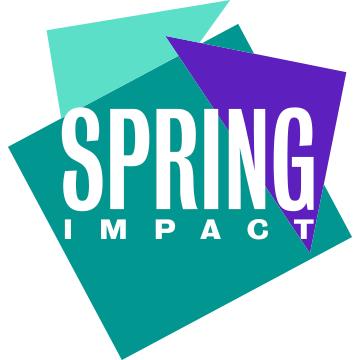There is a high proportion of young children around the world in home-based child care (“HBCC”), particularly children under the age of three. The potential for HBCC to allow for greater women’s workforce participation, contribute to the economic empowerment of providers in the care sector, and promote effective child development has been largely ignored. A number of programs has emerged to support home-based providers, yet there is minimal documentation of key implementation successes and challenges.
Through a literature review, interviews, and detailed profiles of 11 support programs for HBCC, we have collected insights to help address this gap. Our report offers a conceptual model of support programs for HBCC and insights in each of the following areas:
-
-
- The goals of the support programs
- Common features
- How these support programs are financed
- How quality is defined and supported
- Common challenges
-

